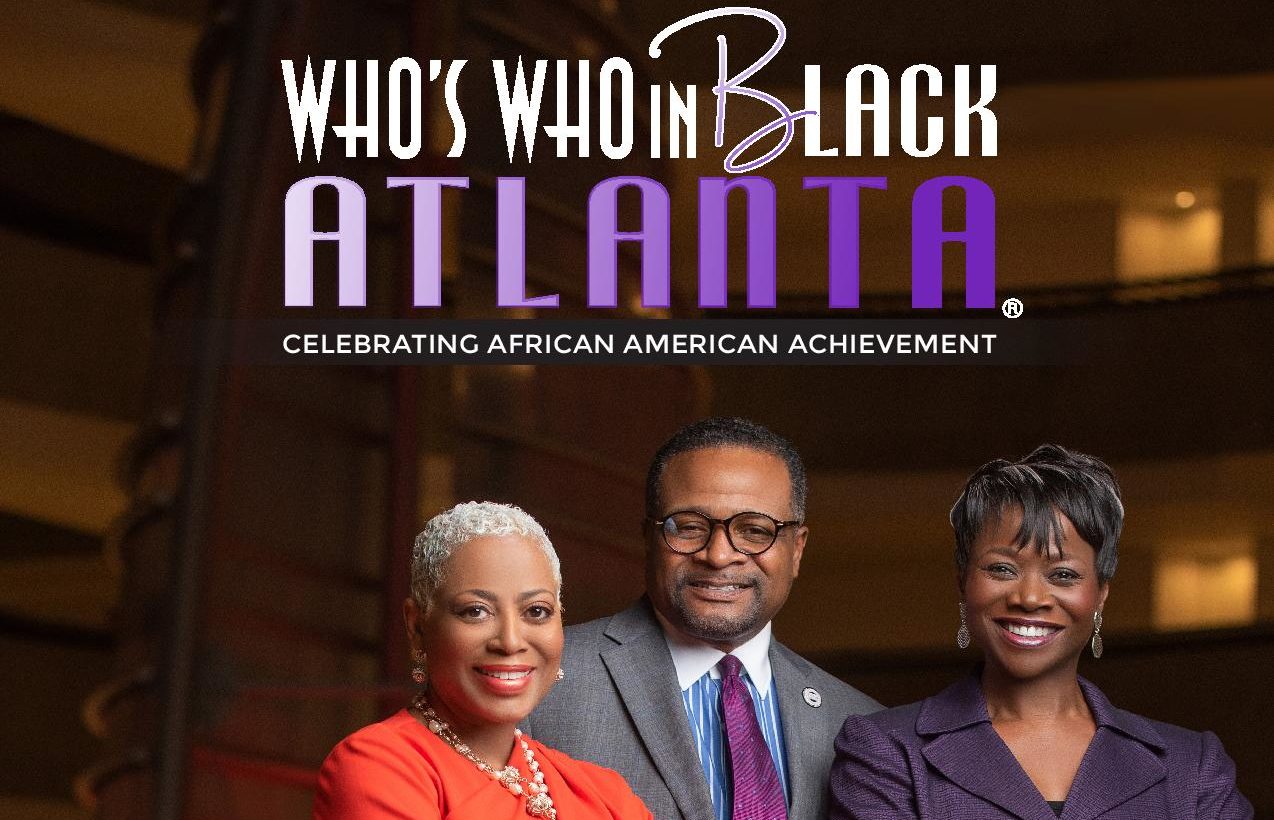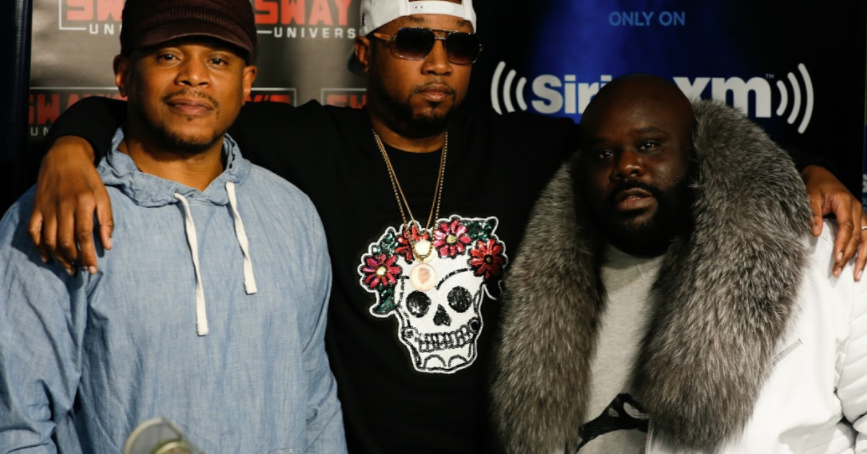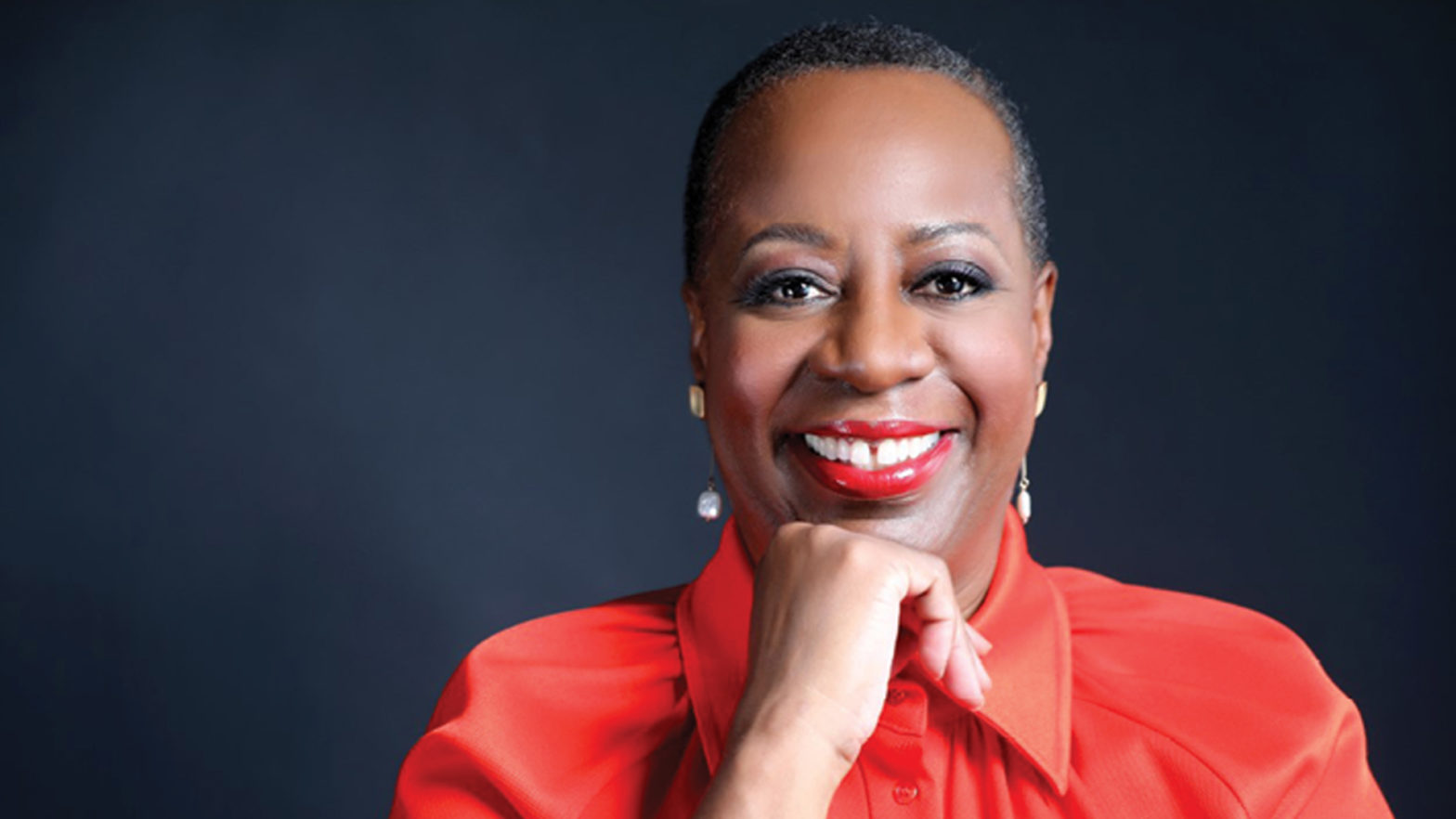Who’s Who in Black Atlanta Returns to Rousing Reviews
By Roz Edward On Friday, Sept. 17 following a one-year hiatus in 2020 because of the deadly COVID pandemic, Who’s Who in Black Atlanta returned to long-awaited and much-anticipated reception by many of Atlanta’s most prominent citizens for a celebration of citizens and the unveiling of the Who’s Who In Black Atlanta Edition. More than 350 guests gathered in the Imperial Ballroom of the Marriott Marquis in downtown Atlanta to greet each other and offer personal salutations after so many months of being limited to visual visits and socializing
First Black-Owned Streaming Channel Announced
By Danielle Sanders, Chicago Defender Interim Managing Editor Polaris, the 100% black-owned television, digital and social media platform, today announced the launch of its first free ad-supported streaming TV channel (FAST), to debut on VIZIO’s SmartCast platform. Created by digital media pioneer and legendary journalist, Rahman J. Dukes, Polaris exists to uncover and share stories created by Black, Indigenous, and People of Color (BIPOC) and authentically share Hip-Hop and Black culture with the world. With guidance from the Polaris board, iconic media personality Sway Calloway (MTV) and music
United Way Worldwide Names Angela F. Williams as President and CEO
United Way Worldwide today announced that Angela F. Williams will become the next president and CEO of the organization. Williams will be the first woman and first African American to lead United Way’s Worldwide organization. She currently serves as president and CEO of Easterseals, a role she has held since 2018. Her appointment takes effect on October 15, 2021. Named to Forbes’ 2021 List of Women 50 Over 50 Creating Social Change at Scale, Williams brings more than 30 years of management experience to this role, including
Minority Communities Need Medicare Advantage. Don’t cut it.
By: Martin Hamlette, JD, MHA It will be years before we learn all the lessons of the COVID crisis, but some are coming into view even now. This pandemic has not hit all communities equally. As we recover, policymakers have a responsibility to avoid the mistakes of the past. Congress is considering historic investments in the social safety net. As they do so, those investments should not be paid for by cuts to programs that help minority communities. One program that Black and Brown Americans increasingly rely upon is




